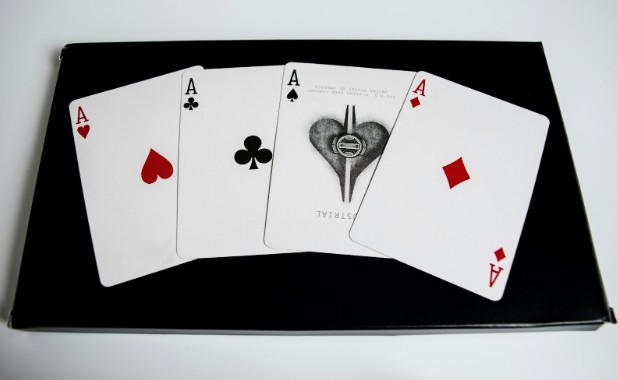
Courage, Memory, and Microexpressions: What Poker Players Can Learn from FBI Interrogation Techniques
Anyone who has sat at a poker table knows that the game is about much more than cards. It’s about people. About moments when something flashes on a face, a little nervous finger movement, or the hint of a grimace that disappears almost before it even occurs. And it’s in those moments that the game is decided—not necessarily on the river card.
Practice Arenas for Human Knowledge
Even without physical gazes and stiff shoulders at the table, there are environments where the mental game is alive and well. Digital formats challenge us to interpret tempo, patterns, and reactions with the same precision as in a room full of body language. Even in the slow silence of chess or in the intense course of a bridge game, the same mental acuity is required—the ability to read opponents without a single word.
In debate groups, role-playing games and even fast-paced computer games, the eye for patterns, reactions and human weaknesses is trained in subtle ways – just like in poker. In this context, online pokersider i Norge have established themselves as flexible and accessible arenas for strategic thinking and human understanding. They give players access to everything from classic cash games to tournaments with low buy-ins and high activity – around the clock. Many of the sites also offer live poker games, their own freerolls, rakeback deals and welcome bonuses that provide extra value for both new and experienced players. This provides a varied and motivating platform where you can sharpen both technique and psychological intuition – in a safe and structured environment.
Mastering these arenas is about more than cards – it is about people, signals and the unspoken game behind the game. The ability to interpret people under pressure is developed in many forms – and some of the most instructive environments are found where competition meets concentration and timing is everything.
When poker meets psychological investigation
FBI interrogators? Yes, they are known for reading people like open books. Not because they have superpowers, but because they have trained in one thing: discovering the truth behind the facade. And poker players? Well, we can learn more from them than we might think.
Microexpressions. The word itself sounds technical and boring, but it is actually the secret language of poker. These small, lightning-fast movements of the face – an eyebrow that jumps slightly, a look that looks away just too late – often reveal what people are trying to hide. A player who is grinning, but has fear in his eyes? That’s where the information lies. FBI agents train to spot such signs, and so should we. Not because we are going to interrogate people, but because it gives an unbeatable advantage at the table.
But it doesn’t stop at the face. The body speaks for itself. A sudden stiff back. Arms that cross themselves. Eyes that pretend not to care. All of this happens almost unconsciously, and the more intense the situation gets, the more obvious these signals become. It’s like reading a book where every chapter is written with your body. The FBI uses this information to determine if a suspect is telling the truth. Poker players? We use it to figure out who’s playing games—and who’s actually holding the aces.
Silence, memory, and ice in the blood
Then comes the silence. That good, long silence that makes people fill the void with words or involuntary signals. FBI agents are masters of using pauses. A good poker player knows that it’s not always wise to act quickly. Sometimes it’s best to sit back, wait, and see. When someone gets in a hurry to explain, or suddenly goes silent, it can tell more than ten hands of cards.
Memory, then. FBI agents use it to catch contradictions and see patterns. They remember what was said and what wasn’t said. Poker players do something similar. We recognize betting patterns, remember previous hands, and build mental profiles of our opponents. The one who can connect a pattern to a micromovement? Worth its weight in gold.
Self-control. It sounds simple, but it may be the hardest thing of all. Interrogators must remain ice-cold, no matter what they hear. They cannot reveal their own reactions. And at the poker table, it is no different. No one should know what we are thinking. No one should notice the heart rate increasing, or the hands that are about to shake. That is where self-awareness and training come in. Understanding your own signals – and controlling them – is half the battle.
When poker becomes a teacher of human understanding
The best poker players are not necessarily the sharpest in the room, but the ones who truly understand what it means to be human. It is about observing, listening and interpreting – not about being cold, but about seeing clearly in moments when everything is at stake.
To learn this? We must practice. Watch interviews. Study facial expressions. Observe people on the subway, in cafes, in lines. And most importantly: play more. Not necessarily to win money, but to see reactions, to interpret the unspoken. It is like learning a new language. First it’s just noise – then the patterns come.
